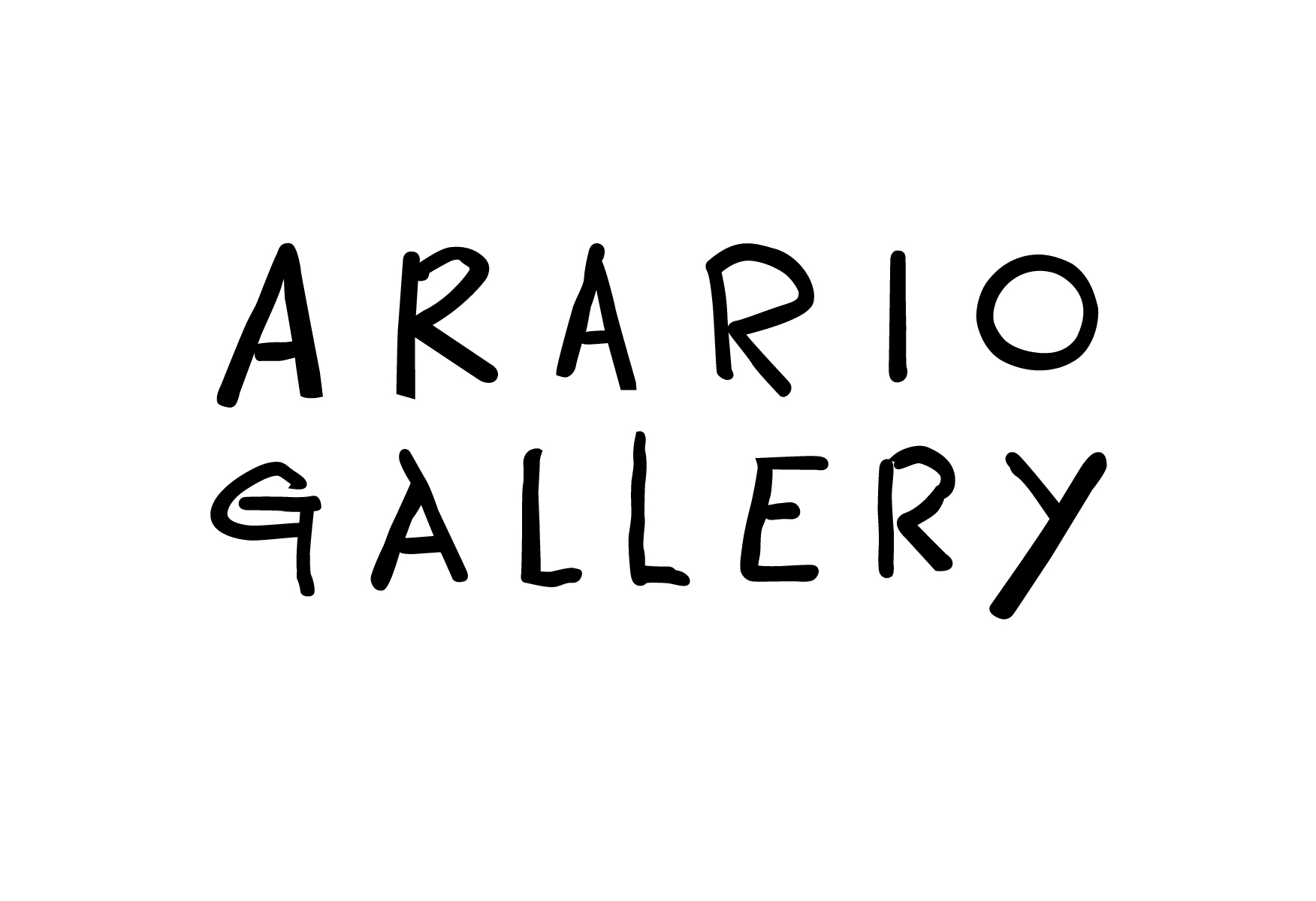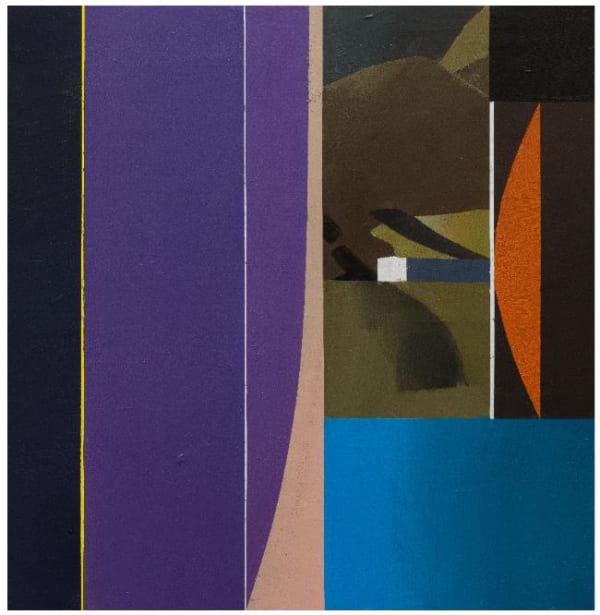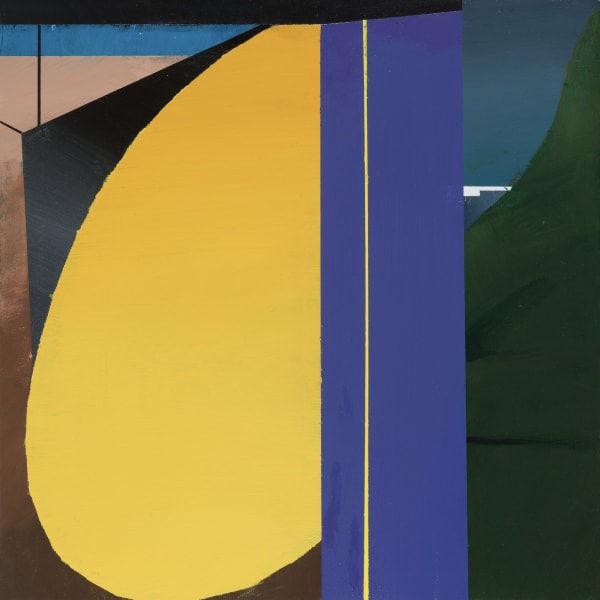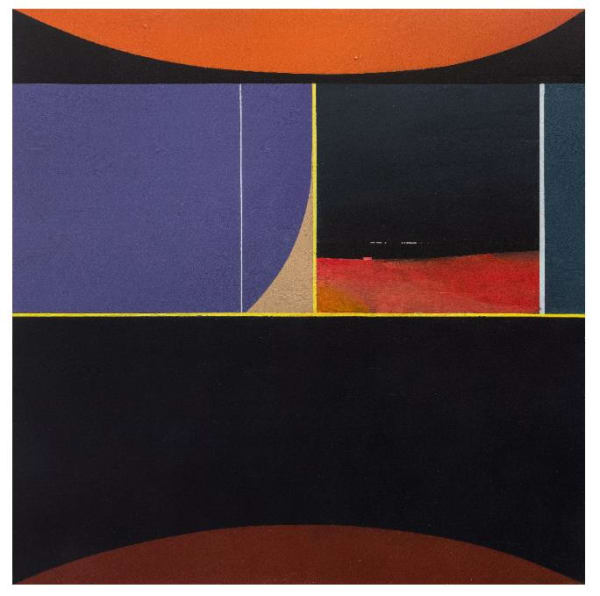원이페이: Staging: A2
Arario Shanghai is honored to announce WEN Yipei's first solo exhibition, "Staging" in Shanghai, from July 27 to October 13, 2019.
Mori Museum curator Reiki Tsubaki offers an incisive and objective comment on the context of WEN Yipei's art practice. Since his studies at Pratt Institute in 2013, "His earlier works are literal portrayals of places that actually exist that often remind one of Jean-Eugéne Atget's documentary photographs of Parisian Urban Planning in the early 20th Century, and works of the Ashcan school of painting, typically the works of Edward Hopper's realistically depictions of scenes of daily life in New York and the lives of the working class. Since 2014, the spatial dimension in his work began to become abstract, and the shape of the canvas shifted vertically according to the tableau. As of 2017, the subject matter of his shifted from the physical world to the virtual, some are even engendered from the artist's imagination. WEN audaciously juxtaposes two different types of space on the same tableau, from which he gradually developed the current mode of representation that are both abstract and figurative.
WEN Yipei's practice often engages the digital device such as an iPad to juxtapose two different kinds of spaces in his painting, that render a series of "Landscapes engendered from juxtapositions." In ½ Landscape, we discover that the artist begins from the central axis of the painting, where he places two distinctive landscapes next to each other to create a verisimilar illusion. The left half of the painting is an internal space of an architecture seen at eye level, on the right of the yellow separation line is a slanted wall surface, through which open water, chiseled mountain, and an artificial project become visible. As the space in on the image is compressed, only a subtle sense of fore and back is preserved. This approach is likely inspired by the artist's personal experiences where nature is no longer purely natural but relative to human activities. This is the common perspective most urbanites adopt in their observation of nature, for whom, the notion of space is becoming increasingly flattened, despite their proximity to nature there will always be a barrier of "artificial objects". This "view of nature" is what urbanites hold for living in the virtual world. In WEN Yipei's painting, these collage/juxtaposition constructs are perhaps his unique approach of understanding the world, as a young artist who is inevitably a member of virtual reality.
With the new works completed in 2019 such as, Imminent Hills, Reflected Landscape and Compressed Urban Landscape, WEN Yipei became more interested in the relationship between architecture and landscape. By creating the mode of representation that mélanges and juxtaposes architectural forms with natural landscapes on the same surface, he addresses the mutual relationship between artificial space and natural space. Beyond any doubt, in executing forms and colors, the artist has forestalled and fictionalized a viewer's context, for which he was willing to forego the interruptions from specific details and reduce the image to elements of color. The subtle shift in visualizing form to notion brings the viewer into a psychological space engulfed under the surface. As such, WEN Yipei seems to have established a discrete theater of the mind for the medium of painting and his viewers, where viewers could immerse their feelings, at the same time, it also suggests the artist's self-sufficiency in will and artistic practice.
It can be said that WEN Yipei's paintings are images that play and wander between "abstraction and figuration", "surface and illusion". His ongoing vigilance towards both "abstraction" and "figuration", or perhaps a hesitation towards these notions allows his practice to search for balance and distance between the existing elements and relationships, so he could articulate those form and formless things. Many figurations are executed in nearly geometric shapes, which departs from the real. At the same time, the minimal shapes reduce the gap if not enrich the gaze of the non-figurative and its imaginary space. WEN Yipei's reduction of the figures into shapes and surfaces adroitly emancipates the images from conventional notions and allows us to vividly sense the tangible existence and warmth. At the same time, while maintaining a level of readability, he circumvents the trap of form. The curator of Mori Museum, Reiki Tsubaki stated, "The recurring semispherical lamp or the abstract and round artificial light source on many of his painting has been inspired by the same type of lamp the artist used to appreciate when living in New York. Under the artificial light, nature depicted figuratively seemed more vivid. In an isolated atmosphere as such, perhaps the sense of solitary is to remind people of the eternity of nature, and in comparison, the illusion of the human civilization."






















